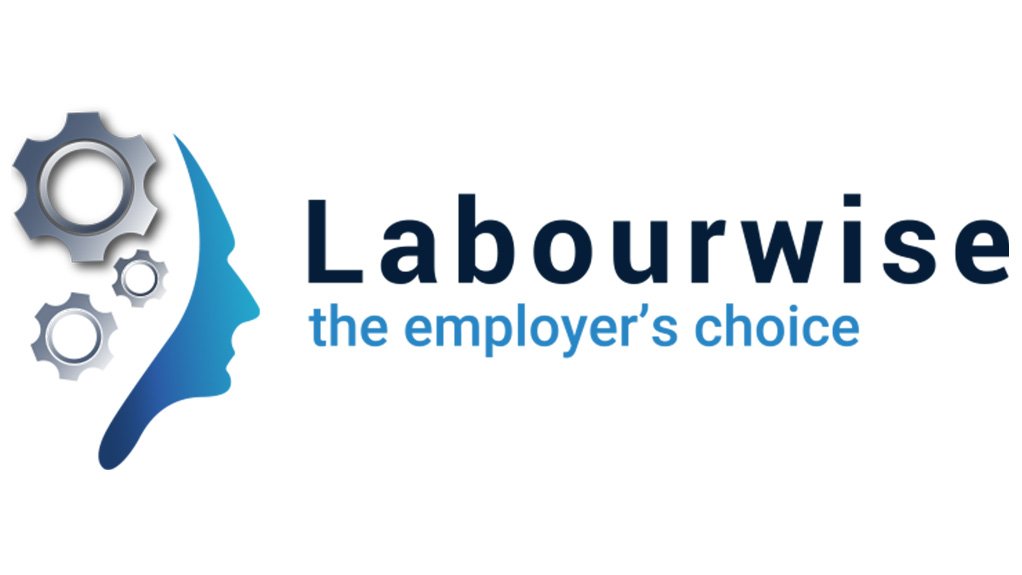Utter the words ‘mandatory vaccination’ and someone will see it as a call to arms. This causes most employers to be hesitant about implementing mandatory vaccination policies. But do employers really want to force employees to be vaccinated?
Legal obligations
It is a fact that employers are responsible for providing and maintaining a working environment that is safe and without risk to the health of its employees. This goes beyond a mere responsibility – it is a legal obligation.
An employer’s obligation extends to members of the public that have contact with its employees.
Employees also have a legal obligation to take reasonable care for the health and safety of fellow employees and members of the public. Moreover, employees must co-operate with the employer in this regard.
Mainstream science
The scientific mainstream of experts in the fields of virology and immunology say that vaccination is a very effective and safe measure – particularly if combined with social distancing, sanitising, wearing of masks, etc. – to help reduce the risk of serious disease or death, and to curb the spread of Covid-19 (at this stage). We believe that it is reasonable for employers to take their advice, at least in the absence of hard evidence to the contrary.
These facts could change, of course, as new knowledge becomes available. In that event society will have to adapt accordingly.
Choices, consequences, responsibility
Objections to vaccination are based mainly on an individual’s right of choice not to be vaccinated, on medical, constitutional and other grounds.
But ultimately all objectors in fact do have a choice – no employer may ‘force’ any employee to be vaccinated.
An objector’s choice may have consequences, though, as it may clash with the employer’s and the objector’s own legal obligations, as well as the rights of others to a healthy work environment.
If the nature of the job is such that there is a very low or no risk of spreading the virus, there should be no adverse consequences for the objector. However, where there is risk to others and where the employee cannot be reasonably accommodated, the choice not to be vaccinated could mean that the employee may be refused access to the workplace and barred from engaging with clients and customers. In some cases, e.g., where the employer has to find a replacement, it can lead to termination of employment for reasons of incapacity or operational requirements.
It is the responsibility of every employee to consider the consequences of the choices they make. As mentioned above, the choice not to be vaccinated could span a wide range of possible consequences.
Employers who implement vaccination policies also have to take care – they need to ensure that the measures they take do not constitute unfair labour practices or fall foul of an employee’s right not to be unfairly discriminated against or dismissed.
Sources of information
There are countless sources of information on the seriousness of contracting Covid-19, the risk of the spread of the virus, the adverse effects of vaccination, as well as the associated numbers.
Employers and employees alike are encouraged to seek out sources that are reliable and current – i.e., the mainstream of properly qualified medical, statistical and legal experts, rather than those which are promoted on social media.
Clear thinking
The fear and anger that we are witnessing are unnecessary and unhelpful. There is a need for clear thinking, perspective and a preparedness to adapt to changing circumstances.
Employers are encouraged to make well informed decisions about vaccination policies. Employees are encouraged to make well informed choices about being vaccinated. Both employer and employees then need to take responsibility for the consequences of their decisions and choices.
Written by Jan Truter for www.labourwise.co.za
EMAIL THIS ARTICLE SAVE THIS ARTICLE ARTICLE ENQUIRY
To subscribe email subscriptions@creamermedia.co.za or click here
To advertise email advertising@creamermedia.co.za or click here











